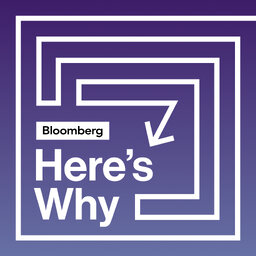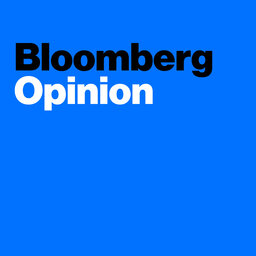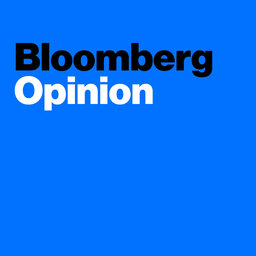The Global Investment Pivot
Investors are closely monitoring a Fed pivot, but there's another pivot they should have their eyes on: leadership turnover in China and the UK. Shuli Ren and Adrian Wooldrige on those stories. And Alexis Leondis discusses another type movement... a physical kind. State migration in part motivated by high taxes.
In 1 playlist(s)
Bloomberg Opinion
Deeper conversations on the week's most significant developments. Tune in and join in!Social links
Follow podcast
Recent clips

Introducing 'Here's Why' - Complex News Stories Explained
00:30

Airline Mergers and Restaurant Loyalty
35:20

Fossil Fuel Use and Drug Development
35:28
 Bloomberg Opinion
Bloomberg Opinion